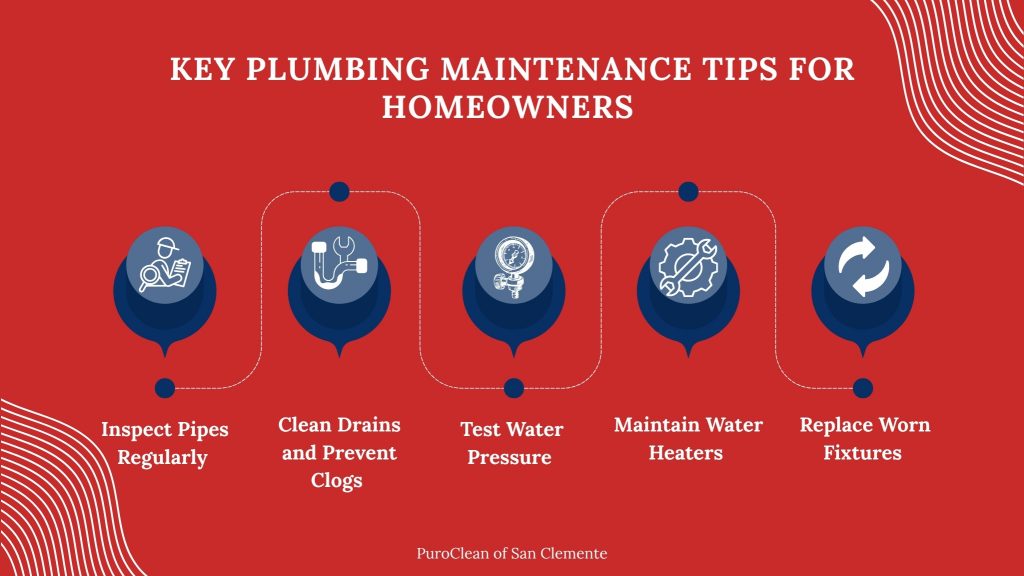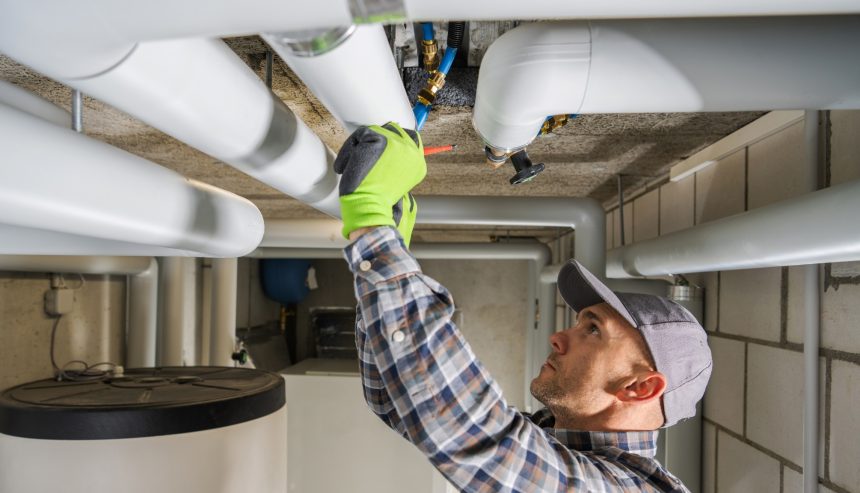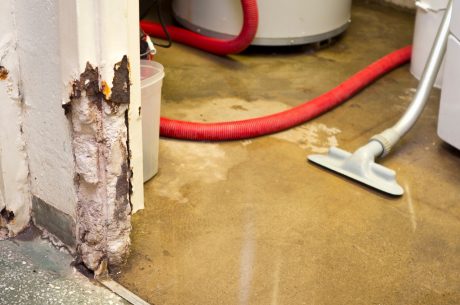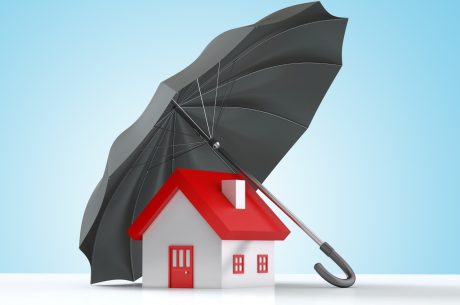Water damage often starts quietly, creeping through tiny leaks or weakened pipes before anyone notices. It can warp floors, stain walls, and create the perfect environment for mold, turning a safe, comfortable home into a costly headache. Even small plumbing issues, if left unchecked, can escalate into major problems that disrupt your daily life and drain your finances.
The good news is that most of these issues are preventable with little attention and routine care. By following simple plumbing maintenance tips, homeowners can detect trouble early, keep their water systems functioning efficiently, and avoid water damage before it becomes a serious problem. Proactive maintenance not only saves money but also provides peace of mind, knowing that your home is protected against unexpected plumbing disasters.
Why Regular Plumbing Maintenance Matters
Most homeowners don’t realize how quickly plumbing issues can escalate. A small leak behind a wall may seem harmless, but over time, it can compromise structural integrity and create conditions for mold growth. Regular plumbing upkeep isn’t just about avoiding minor annoyances; it’s about preventing major headaches. When you treat your plumbing as an essential part of your home’s care routine, you set yourself up to avoid water damage, reduce repair costs, and enjoy peace of mind.
Consistent inspections and timely minor repairs are at the heart of effective plumbing maintenance. By addressing small issues early, you keep your pipes, faucets, and water systems running smoothly and efficiently, preventing problems from escalating into costly or disruptive emergencies.
Common Plumbing Problems That Lead to Water Damage
Neglecting plumbing can lead to a series of issues that might seem small at first but quickly snowball. Understanding these common problems is the first step in taking control. The right plumbing maintenance tips can prevent them from ever escalating into emergencies.
- Leaky Pipes and Joints – Corrosion or loose fittings can cause slow leaks that eventually soak floors, walls, and foundations.
- Clogged Drains – Hair, grease, and soap buildup can block water flow, causing pressure that cracks pipes or forces water into unwanted areas.
- Faulty Water Heaters – A neglected heater may leak or burst, flooding your basement or utility room.
- Dripping Faucets and Hidden Leaks – Even minor drips waste gallons of water over time and create damp conditions that promote mold growth.
By addressing small issues early, you can avoid water damage that disrupts your home and your life. If water does accumulate, using a dehumidifier can help control moisture and prevent mold, as we explain in our blog on The Role of Dehumidifiers in Water Damage Restoration.
Key Plumbing Maintenance Tips for Homeowners
Taking charge of your plumbing doesn’t have to be complicated. By incorporating a few simple practices, you can keep your home safe and dry. Regular attention not only prevents small issues from becoming major repairs but also improves water efficiency and extends the life of your fixtures. Developing simple habits helps you stay proactive and plan repairs on your schedule, rather than dealing with unexpected emergencies. Here are practical plumbing maintenance tips every homeowner should know:
Inspect Pipes Regularly
Take a close look at exposed pipes in your basement, attic, and under sinks. Look for corrosion, moisture, or small leaks. Early detection allows you to make minor fixes before a serious problem develops. Even a tiny drip can cause long-term damage if left unnoticed, so checking frequently is key.
Clean Drains and Prevent Clogs
Routine drain cleaning keeps water flowing smoothly. Pouring boiling water or using natural solutions like baking soda and vinegar can clear buildup. Preventative measures save you from messy backups and potential damage. Regular maintenance also reduces unpleasant odors and keeps your plumbing system running efficiently.
Test Water Pressure
High water pressure can stress pipes and joints, leading to leaks. Low pressure may indicate blockages. Regularly checking pressure helps you identify and fix issues early. Monitoring pressure ensures appliances like dishwashers and washing machines work correctly and last longer.
Maintain Water Heaters
Flush your water heater annually to remove sediment. Inspect for rust or leaks and replace old or damaged components. A well-maintained heater avoids sudden floods and improves efficiency. Keeping your heater in top condition also reduces energy costs. The EPA recommends these simple plumbing maintenance tips to help homeowners avoid water damage and keep systems running efficiently.
Replace Worn Fixtures
Hoses, faucets, and connectors wear out over time. Replacing these parts before they fail prevents leaks and water damage in high-risk areas. Upgrading fixtures can also improve water flow and enhance overall plumbing performance.
Signs You Need Professional Plumbing Assistance
Sometimes DIY maintenance isn’t enough. Here are clear warning signs that it’s time to call a professional:
- Slow Drains or Backups – Persistent clogs may indicate deeper issues.
- Strange Noises – Banging or gurgling pipes can point to pressure problems or blockages.
- Water Stains or Damp Spots – Visible marks often signal hidden leaks.
- Recurring Low Pressure – Could be caused by failing pipes or municipal supply issues.
- Repeated Leaks – If you keep fixing the same leaks, it’s time for expert help.
Addressing these signs promptly helps avoid water damage and ensures long-term protection for your home.

Conclusion
Preventing water damage isn’t just about reacting to problems; it’s about staying ahead of them. Regular plumbing inspections, routine maintenance, and timely repairs create a protective shield around your home. By implementing these plumbing maintenance tips, you reduce the risk of costly repairs, minimize disruptions, and maintain a comfortable living space.
A little attention today can save a lot of trouble tomorrow, making your home safer and your life simpler. Schedule a professional inspection today to ensure your plumbing is in top shape and your home stays protected.
FAQs
Q1: How often should I inspect my plumbing?
A: Monthly visual checks combined with an annual professional inspection help catch issues early.
Q2: Can small leaks really cause major water damage?
A: Yes. Even minor leaks can accumulate over time, weakening structures and promoting mold growth.
Q3: Are DIY maintenance tips enough to prevent water damage?
A: Simple tips help with everyday care, but professional inspections are crucial for complex or hidden issues.



